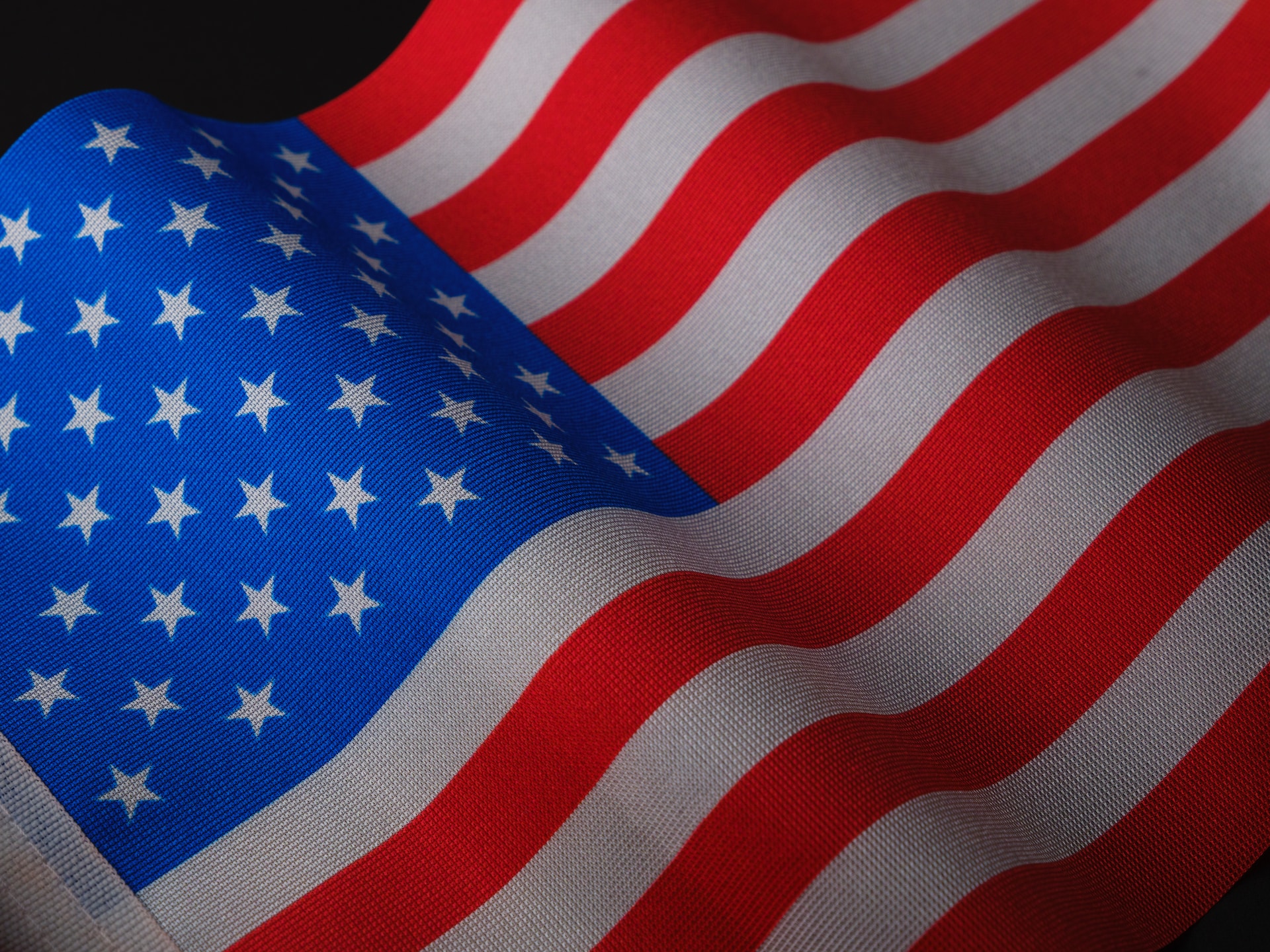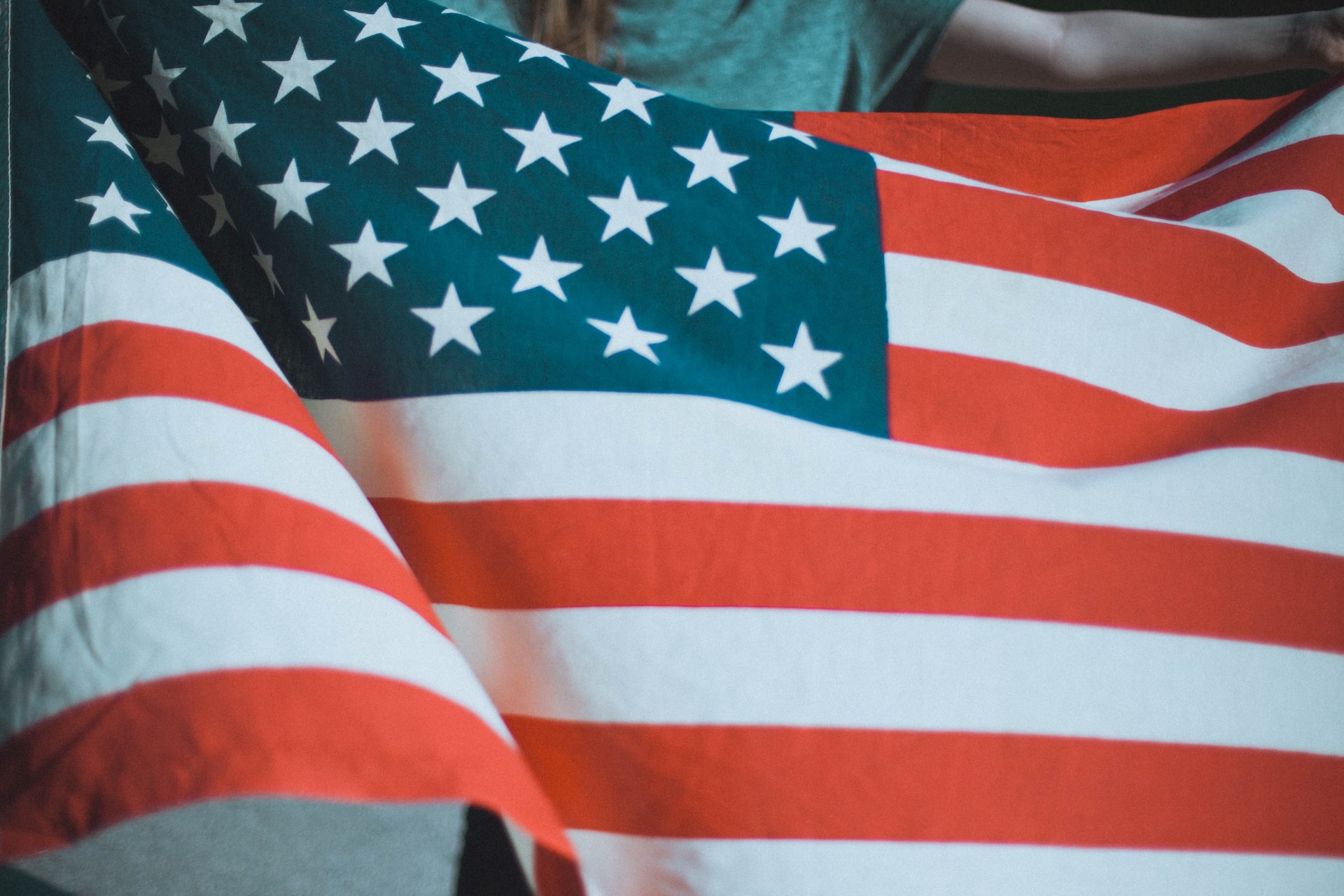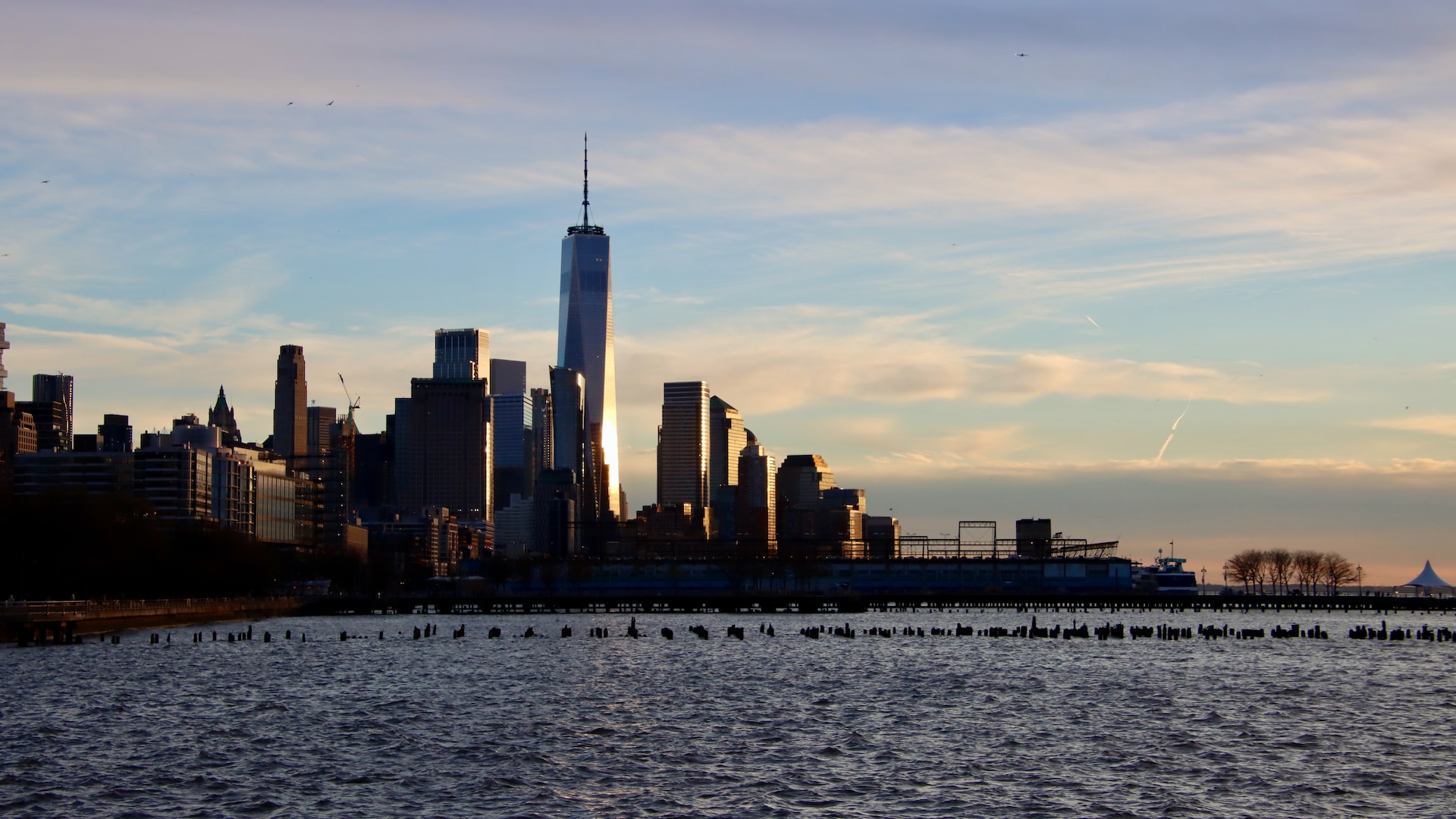The COVID-19 pandemic has had a profound impact on the service sector in the United States, affecting industries such as hospitality, tourism, retail, and entertainment. Lockdown measures, travel restrictions, and reduced consumer spending have resulted in significant revenue losses, job cuts, and business closures. The U.S. government's response, through financial support programs and relief measures, aimed to provide assistance during these challenging times.
Hospitality and Tourism
The hospitality and tourism industries in the United States were among the hardest hit by the COVID-19 pandemic. Travel restrictions, lockdown measures, and reduced consumer confidence led to a significant decline in travel and tourism activities. Major hotel chains, such as Marriott International and Hilton Worldwide, experienced a substantial decrease in occupancy rates and revenue. According to the American Hotel and Lodging Association, the hotel industry lost $46 billion in room revenue in 2020.
The restaurant industry also suffered greatly, with many establishments forced to close or limit their operations. The National Restaurant Association reported that the industry lost an estimated $240 billion in sales by the end of 2020. Popular restaurant chains, such as The Cheesecake Factory and Darden Restaurants (owner of Olive Garden and LongHorn Steakhouse), experienced substantial declines in sales and had to implement cost-cutting measures.
Retail
The retail sector in the United States faced significant challenges during the pandemic. Non-essential retail stores were temporarily closed, leading to a decline in foot traffic and sales. Traditional brick-and-mortar retailers, including J.Crew and Neiman Marcus, filed for bankruptcy as they struggled to adapt to the changing consumer behavior.
Conversely, e-commerce experienced a surge in demand as consumers shifted to online shopping. Retail giants like Amazon, Walmart, and Target witnessed substantial growth in online sales. The U.S. Department of Commerce reported that e-commerce sales in the second quarter of 2020 increased by 44.5% compared to the previous year.
Entertainment and Events
The entertainment and events industry faced significant disruptions due to the COVID-19 pandemic. The closure of theaters, concert venues, and sports arenas led to the cancellation or postponement of major events. Broadway shows, music festivals, and professional sports leagues all experienced substantial losses.
Companies like Live Nation Entertainment, a major events promoter, reported significant declines in revenue. The cancellation of large-scale events and the absence of live audiences had a profound impact on the industry and the thousands of workers employed in it.
Government Response
The U.S. government implemented various measures to support the service sector during the pandemic. The Coronavirus Aid, Relief, and Economic Security (CARES) Act provided financial assistance to businesses and individuals. The Paycheck Protection Program (PPP) offered forgivable loans to small businesses to help retain employees and cover essential expenses.
Treasury Secretary Steven Mnuchin stated, "The Trump administration is fully committed to ensuring that America's workers and small businesses continue to get the resources they need to get through this challenging time." These relief measures aimed to alleviate the financial burden on businesses and support the recovery of the service sector.
Related Information




















